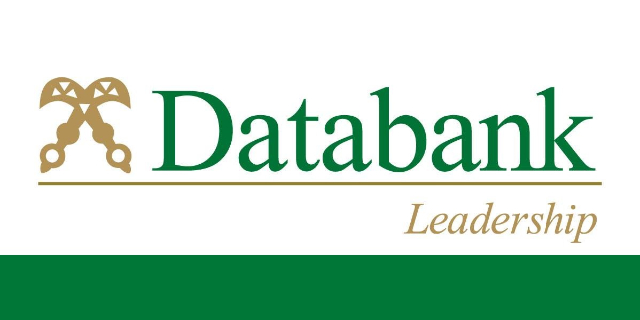The more government relies on foreign currency denominated debt such as Eurobonds, the more pressure it puts on the local currency and its ability to remain stable, the latest analysis of Ghana’s public debt by Databank Research has shown.
“The 2019 Eurobond pushed up the share of foreign currency debt, raising the vulnerability to exchange rate shocks,” the analysis pointed out.
With low foreign investor appetite for cedi-denominated bonds, which is a result of government’s heavy reliance on dollar-denominated bonds and sharp depreciation of the cedi during the first quarter of 2019, the share of foreign currency debt now constitutes 53 percent of the country’s total debt.
Courage Martey, an economist and analyst with Databank, explained that with the increased share of US$ debt, a sharp depreciation of the local currency will cause a steep increase in the public debt portfolio.
“The growth in Ghana’s total public debt tends to mirror growth in the country’s external debt, which reflects exchange rate performance. Overall, we view the higher foreign currency obligation as a potential conduit for exchange rate shocks, while persistent revenue shortfalls also raise the public sector borrowing requirement as expenditure commitments remain rigid,” he said.
The total public debt increased steeply by GH¢24.8billion in the first quarter of 2019 to GH¢198billion or 57.5 percent of projected GDP, including the additional fiscal cost of GH¢1.2billion emanating from the financial sector reforms in 2018.
Budget Deficit
The 2019 budget projects a deficit of GH¢14.54billion – 4.2 percent of GDP, excluding fiscal costs associated with the Non-Bank Financial Institutions Sector reforms.
The deficit will be funded from domestic borrowing of GH¢4.78billion and external borrowing of GH¢9.75billion.
However, revenue mobilisation remains a challenge despite mounting expenditure pressure. Provisional fiscal data for the first quarter of this year revealed persistent shortfalls in revenue outturn (relative to target), while government faces increasing expenditure commitments.
Total revenue for the period, which stood at GH¢10.1billion, was GH¢2.3billion less than target whereas government was able to restrain total expenditure to GH¢16.5billion – below the budget ceiling by GH¢800million. This translated into a wider-than-expected primary deficit equivalent to 0.8 percent of GDP, underpinning the sharper-than-expected increase in borrowing for the quarter.
Although domestic revenue performance tends to improve in the second half of the year, the persistent shortfall in full year outturn (since 2016) remains a major threat to fiscal and debt sustainability.
The analysis points out that the 2019 revenue outlook hinges on strict enforcement of tax compliance; reducing the size of revenue lost to tax exemptions, which is about 1.6 percent of GDP; port digitisation and reforms; and broadening the tax base beyond the current 25 percent coverage for direct taxes, amongst others.
“While we expect collections from direct taxes to improve over the course of the year, we remain cautious about revenue from international trade taxes,” the report noted.
Reduction in import duties raises concerns
In April 2019, government reduced the benchmark values for import duty computation – 30 percent for vehicles and 50 percent for other imports – with the hope of redirecting container traffic from neighbouring ports to Ghana’s ports.
Although the analysts expect this policy to yield revenue gains in the medium-term, short-term revenue losses are anticipated – particularly in the first half of 2019.
The report therefore urged speedy passage of the tax exemptions amendment bill that was laid in March 2019, which is expected to be critical in minimising the revenue losses.
Source: thebftonline.com




